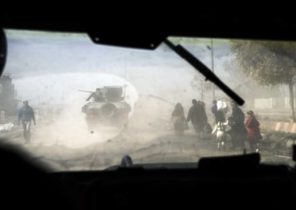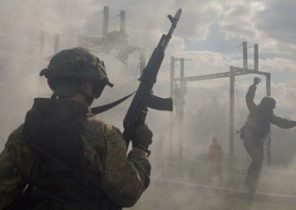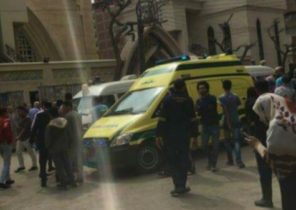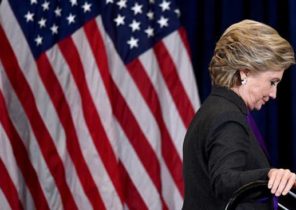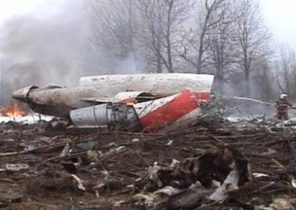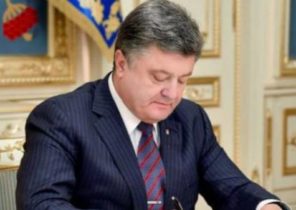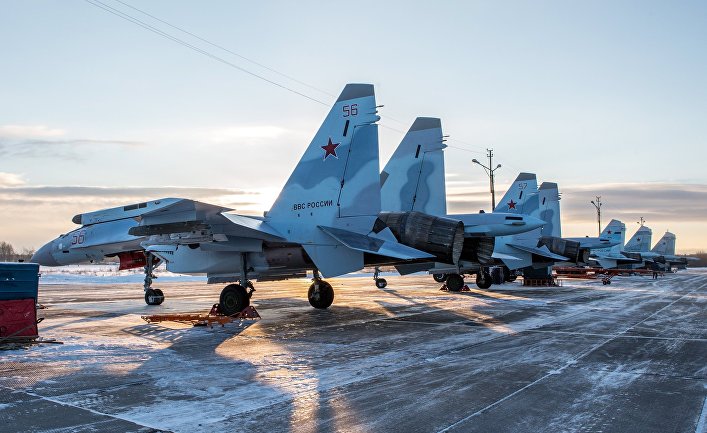
This picture taken on December 15, is the personification of the problems faced by the Russian air force, while continuing to increase its power 25 years after the collapse of the Soviet Union. Air force of the country in large numbers receive the necessary new equipment, for example, su-30SM, su-34 and su-35S, however aviation is still not enough well prepared and trained staff. Especially noticeable shortage of experienced pilots.
“We have a serious problem with experienced pilots,” he told me one Russian source.
In recent years, the Pentagon also faces challenges in training due to budgetary confusion. The pilots of the air force, Navy and marine Corps simply do not get such practice flight as before. But Russia has much bigger problems. After the collapse of the Soviet Union, the once mighty Soviet military machine has been getting a lot less funding. Post-Soviet Russia, in 1990-ies suffering from economic and social turmoil, virtually ceased to modernization and combat training of the army.
25 years after the fall of Communism, Russia’s military is still trying to catch up to the West: https://t.co/Z1OGc7UuUn
— National Interest (@TheNatlInterest) 22 Dec 2016
The result is whole generations of the Russian military has not received proper training and vital skills were lost. In 2000-ies, when he raised oil prices and the Russian economy slightly recovered from the post-Soviet disaster, Moscow has resumed investment in its armed forces. But although the Kremlin has embarked on the modernization of the army, reforms are incomplete and only a small portion of troops equipped with the most modern military equipment and weapons. More problems in education. For example, Russian pilots had practically nothing to restore the skills of in-flight refueling. It is a long and difficult process — and Russia was held in this case, only part of the way.
In this sense, the Russian intervention in Syria has not only demonstrated that Russia is powerful and great power that cannot be ignored, but also gave powerful impetus to the greater military skill of the personnel. Moscow in the course of its operation was able to verify and confirm the new capabilities of the army, for example, by applying high-precision long-range strikes and to conduct expeditionary wars.
“Of course, what we are seeing in Syria is a demonstration of the possibilities. In some situations they used such weapons, without which it is possible to do, but they show what they have technique, they have the potential. They practiced, if you like, said Bi — Bi-si the commander of us forces in Europe Lieutenant General Ben Hodges (Ben Hodges). It is a real opportunity to shoot, to experiment and to practice using all of these weapons”.
There is no doubt that the Russian military will gain valuable combat experience in the Syrian adventures of the Kremlin, but Moscow will take a lot of time to incorporate these lessons into doctrine. Meanwhile, Russia continues to face economic difficulties, with great difficulty carrying out military reform. How successful are these efforts? Only time will tell.
Dave Majumdar is editor of the National Interest, covering military issues.

